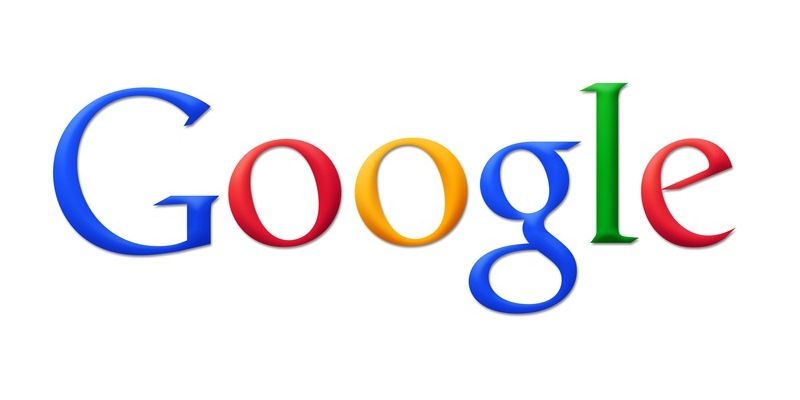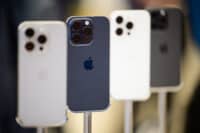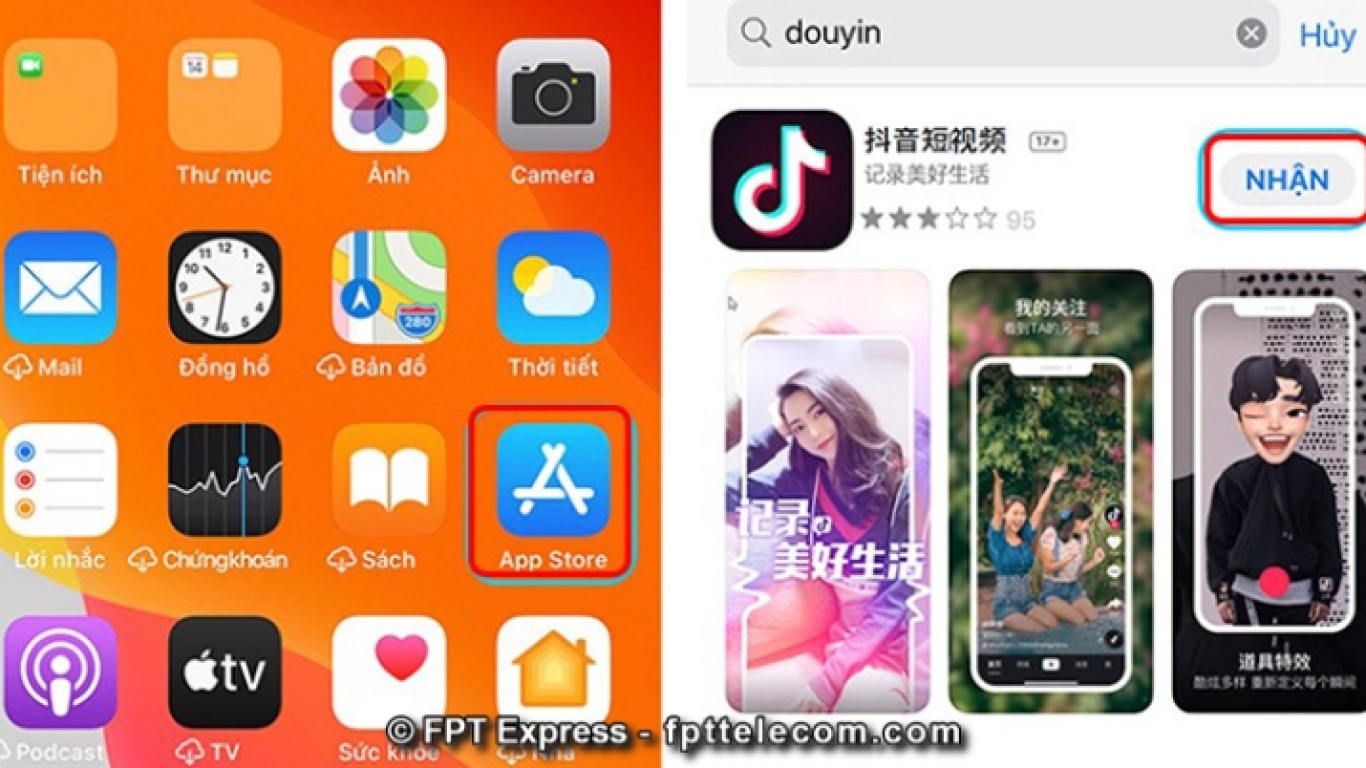What does Google Inc. (NASDAQ: GOOG) hope to attain by launching its own touchscreen laptop — the Chromebook Pixel? Does it believe the new machine’s Chrome innovations will allow it to compete with Microsoft Corp.’s (NASDAQ: MSFT) Windows 8, which runs on personal computers from multiple manufacturers? Why did Google not go to those same PC companies to launch its product? Perhaps because most of the hardware industry looks on the new software that powers the Google machine as a risk.
With the exception of the Google touchscreen technology, the Chrome Pixel has little to recommend it. The laptop retails for $1,299 for the WiFi-enabled version and $1,449 for the 4G-enabled one. It has a 12.85 inch high-definition display, which does not distinguish it much. Google’s primary promotion for the laptop is that it can change windows with the touch of a hand — not unlike Windows 8 PCs or the Apple Inc. (NASDAQ: AAPL) iPad.
There is a reason that PC launches from second- and third-tier companies do not affect the market much. Hewlett-Packard Co. (NYSE: HPQ), Dell Inc. (NASDAQ: DELL) and Lenovo have valuable and well-established brands. They have the e-commerce websites and store displays to make sales easier. Google has none of these things, which will make the Chromebook Pixel difficult to sell in volume.
Why did Google not set a partnership with Dell or HP? Going it alone is a big risk and a formula for failure, no matter how good the software is.
It’s Your Money, Your Future—Own It (sponsor)
Retirement can be daunting, but it doesn’t need to be.
Imagine having an expert in your corner to help you with your financial goals. Someone to help you determine if you’re ahead, behind, or right on track. With SmartAsset, that’s not just a dream—it’s reality. This free tool connects you with pre-screened financial advisors who work in your best interests. It’s quick, it’s easy, so take the leap today and start planning smarter!
Don’t waste another minute; get started right here and help your retirement dreams become a retirement reality.
Thank you for reading! Have some feedback for us?
Contact the 24/7 Wall St. editorial team.




